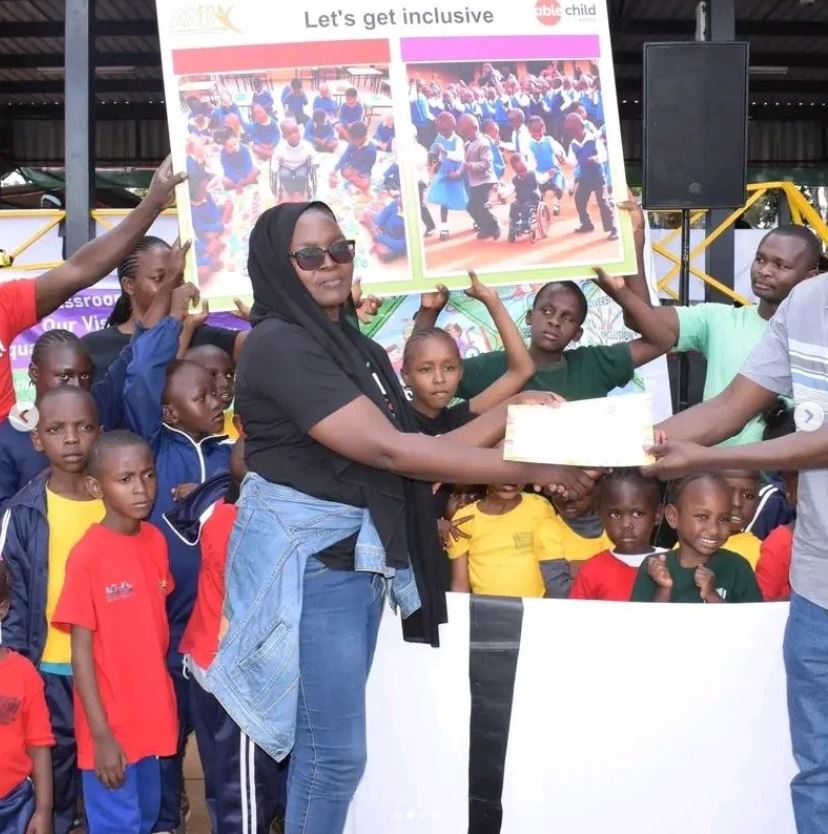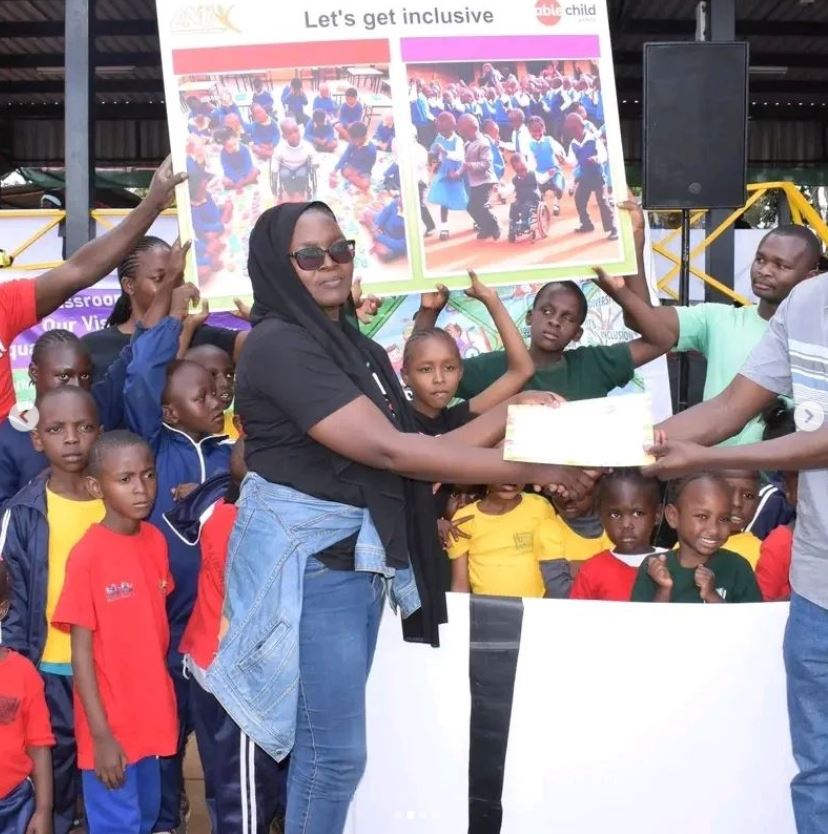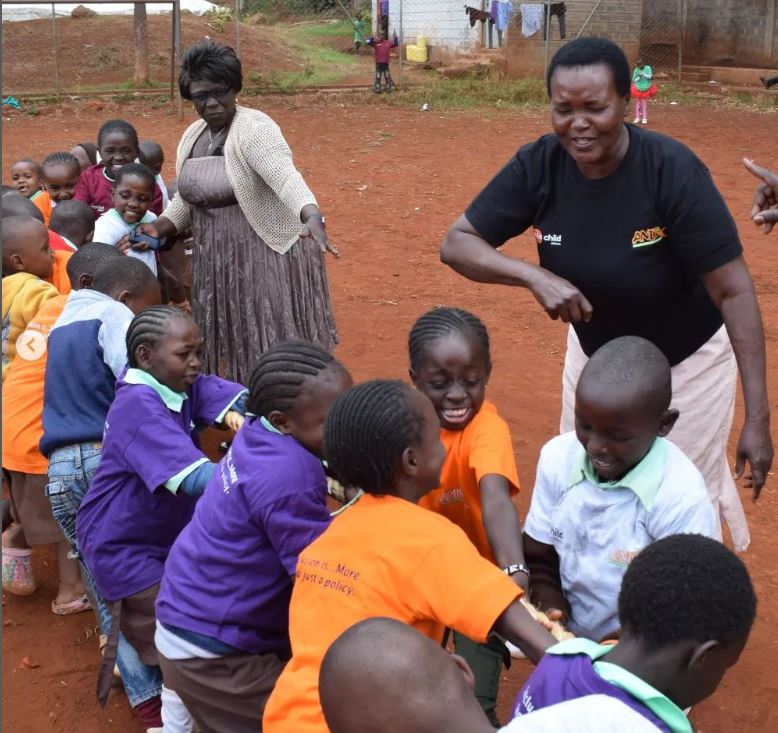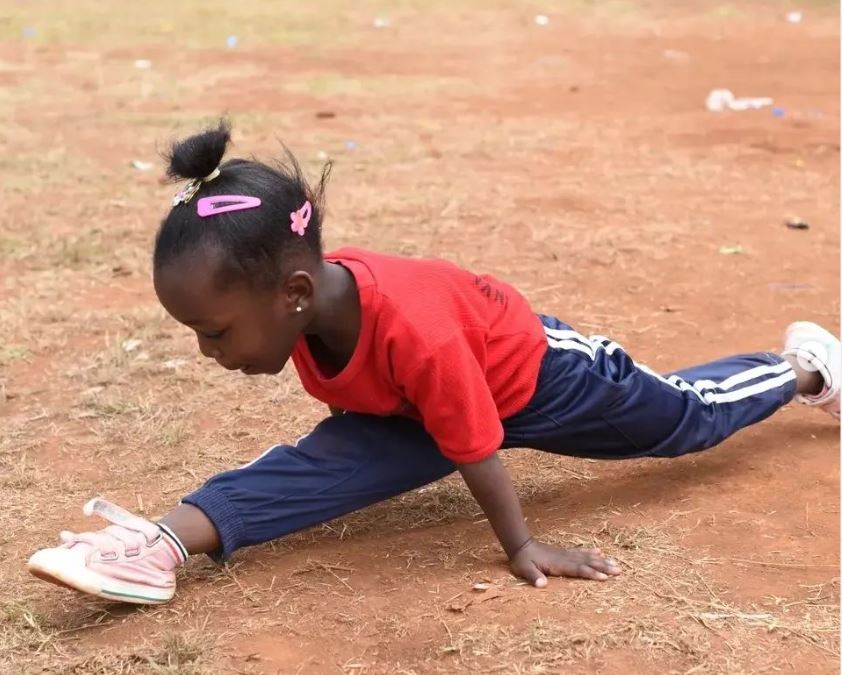The Ready Steady Go Project's Impact on Inclusive Early Childhood Education in Kenya

In collaboration with Able Child Africa, ANDY spearheads the Ready Steady Go project, generously funded by Comic Relief, to uplift the early development of children with disabilities in early childhood education (ECE) across Kenya. This groundbreaking initiative is currently underway in 10 schools, with notable focus on two located in Nairobi County's Kasarani and Dagoretti sub-counties.
The primary aim of this endeavor is to enhance access to top-tier early childhood education for 300 children with disabilities throughout Kenya. To achieve this noble mission, the project harnesses the power of inclusive play as an ingenious strategy for the early identification and seamless integration of children with disabilities into the educational framework.

Here's a closer examination of the remarkable strides made by the Ready Steady Go project:
Through intensive training sessions, over 40 teachers from 10 public primary schools have been equipped with comprehensive skills covering disability rights, effective teaching methodologies, and the formulation of individualized educational plans tailored to cater to children with disabilities in inclusive learning environments. This training initiative has not only facilitated the enrollment of over 150 out-of-school children with disabilities into public primary schools but has also fostered heightened awareness within the school community regarding disabilities and effective ways to support these children.
The project has also laid the foundation for a dynamic multi-sectoral platform known as the Community-Based Rehabilitation (CBR) Stakeholders Forum, uniting diverse stakeholders including government officials, civil society organizations, community leaders, and caregivers of children with disabilities. This collaborative structure is dedicated to fortifying community support systems for early identification and intervention services by refining existing referral mechanisms.

Achievements through CBR include the formulation and submission of a Memorandum of Understanding (MOU) to the National Parliament, shedding light on existing gaps in accessing inclusive education and other challenges faced by children with disabilities. Additionally, the project has succeeded in enhancing advocacy skills, boosting disability awareness, and securing increased bursary funds for children with disabilities at the constituency level.
Over 200 children with disabilities in Dagoretti, Kasarani, and Kibera have benefited from various assistive devices such as diapers, wheelchairs, walking frames, stands, and hearing aids generously donated through the project. These critical devices play a pivotal role in enabling children with disabilities to access education and actively participate in extracurricular activities.

Furthermore, the project has facilitated the establishment of seven Parent Support Groups in Dagoretti and Kasarani, providing a vital network for caregivers of children with disabilities. These supportive groups serve as platforms for economic empowerment through initiatives like table banking, loans, savings, and collective projects, thereby fostering enhanced advocacy skills and flourishing group-based businesses.
Lastly, each week, child rights clubs and inclusive play activities are organized in all 10 public primary schools participating in the project. These engaging activities strive to promote integration between children with and without disabilities, leading to increased integration among learners, diminished stigma, enhanced inclusive friendships, and improved learning outcomes for children with disabilities through peer-to-peer learning initiatives.